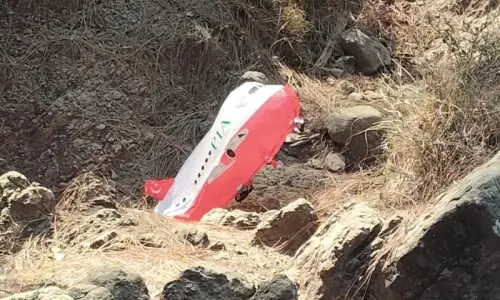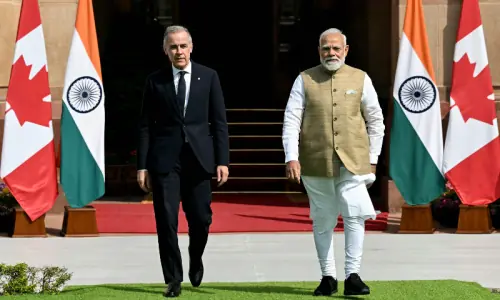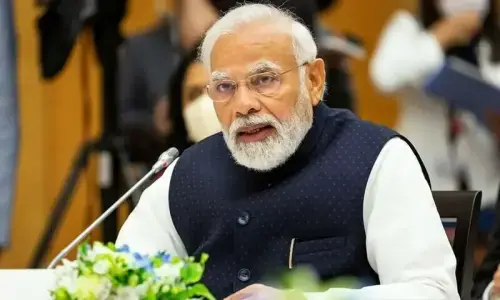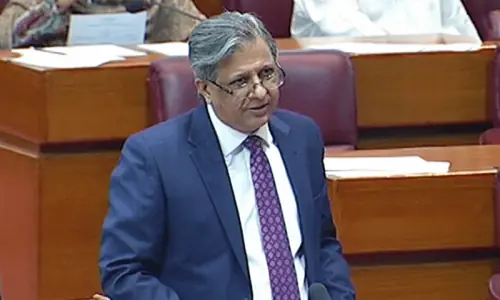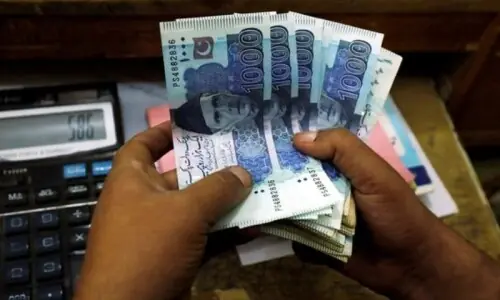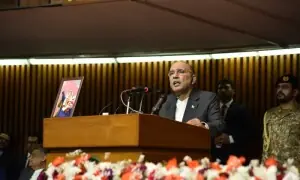GUWAHATI: More than 2,000 people have fled their homes in the restive Indian state of Assam after separatist rebels killed dozens of villagers, some of them children, an official said Thursday.
Residents sought shelter in makeshift camps set up by the state government following a series of coordinated attacks by armed rebels Tuesday that left at least 69 people dead, 18 of them children.
Another three people were killed on Wednesday when police shot at villagers who went to a police station to demand justice over the attacks.
“More than 2,000 villagers have sought shelter in relief camps. People are of course scared and worried about violence flaring up again,” a state welfare official told AFP on condition of anonymity.
The tea-growing state of Assam in northeast India has seen violent land disputes in the past between the indigenous Bodo people, Muslim settlers, and rival tribes in the area.
Police blamed Tuesday's attacks on the outlawed National Democratic Front of Bodoland (NDFB), which has waged a violent decades-long campaign for an independent homeland for the Bodo.
Rights groups have in the past accused India's government of not doing enough to tackle violence in the country's remote northeast, which is home to many marginalised communities.
But Home Minister Rajnath Singh said authorities would be “tough” on those behind the latest killings, which he called “an act of terror”.
“We have a zero tolerance policy against terrorism. And we have decided that those who carry out such massacres will face the same tough treatment that terrorists do,” he told reporters in Guwahati, the largest city in the state.
Isolated state
A villager at one of the camps said he had left everything behind and was scared to go back.
“I want to go back because all my things are lying there. But I am scared that if I go back to the village, they will come again,” he told the NDTV news network.
Survivors told the Indian Express daily that the militants were dressed in army uniforms and carrying automatic weapons.
“Luckily my wife had gone to visit a relative in another village. But what will she remain alive for? We have lost our daughter and grand-children,” 60-year-old Charan Kiskoo told the paper.
Police said recent talks initiated by the national government with one faction of the NDFB may have provoked the attacks as some hardliners within the group opposed negotiations.
On Wednesday, India's home ministry ordered the deployment of troops to Assam, as villagers launched retaliatory attacks against Bodo settlements.
Television footage showed houses in flames as angry villagers demanded immediate action against the rebels.
Earlier this year, about 10,000 people fled their homes when violent clashes over a border dispute left more than 45 people dead.
In 2012, ethnic clashes in the same area in Assam claimed about 100 lives and displaced more than 400,000 people.
Northeast India, linked to the rest of the country by a narrow land bridge, has seen decades of unrest among ethnic and separatist groups.
The region is home to dozens of tribal groups and small guerrilla armies that resist rule from New Delhi.
Many are fighting for separate homelands for their tribes, and they often compete against each other.
Experts say the region's isolation from the rest of the country is economic and political as well as geographical.


